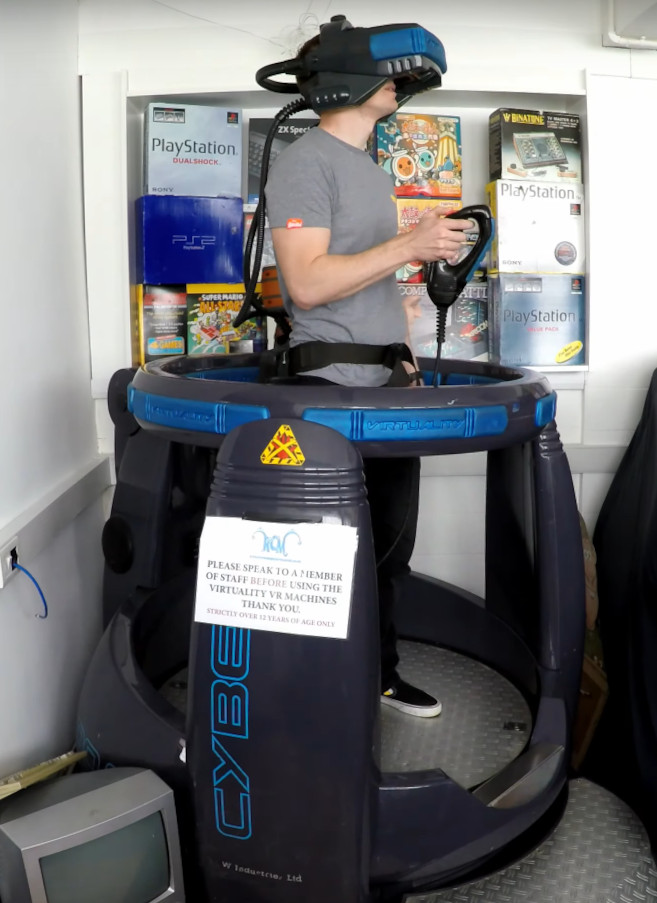Bemarituzumab Combined with Chemotherapy Enhances Survival in Gastric Cancer

New research findings reveal that the combination of bemarituzumab and chemotherapy significantly improves overall survival rates in patients with advanced gastric cancer characterized by FGFR2b overexpression. This combination therapy offers a promising targeted treatment option for individuals diagnosed with unresectable locally advanced or metastatic gastric or gastroesophageal junction (G/GEJ) cancer, as indicated by results from the Phase 3 FORTITUDE-101 trial.
The FORTITUDE-101 trial, which involved 547 patients across 300 sites in 37 countries, demonstrated that first-line treatment with bemarituzumab plus mFOLFOX6 chemotherapy resulted in a statistically significant and clinically meaningful improvement in overall survival (OS) compared to the placebo plus chemotherapy group. FGFR2b overexpression was identified through immunohistochemistry testing, showing 2+/3+ staining in at least 10% of tumor cells, effectively categorizing patients for this trial.
According to Dr. Jay Bradner, M.D., executive vice president of research and development at Amgen, "Most patients with gastric cancer are diagnosed at an advanced stage, with poor prognosis, low survival rates, and limited therapeutic options. These first positive topline results of an FGFR2b targeted monoclonal antibody from our phase 3 FORTITUDE-101 study mark a meaningful advance in the development of effective targeted therapy for gastric cancer." The trial met its primary endpoint at its prespecified interim analysis, confirming the efficacy of bemarituzumab in this specific patient population.
While the study presents encouraging results, it also highlights safety concerns, as treatment-emergent adverse events (TEAEs) were reported in over 25% of patients receiving the combination therapy. Commonly noted TEAEs included decreased visual acuity, punctate keratitis, anemia, neutropenia, nausea, corneal epithelial defects, and dry eye. Ocular toxicities were notably more frequent and severe in the bemarituzumab cohort, mirroring findings from earlier phase trials.
The primary endpoint of the FORTITUDE-101 study was OS, with secondary endpoints including progression-free survival, overall response rates, and the incidence of TEAEs. In addition to this pivotal trial, an ongoing phase 3 study (NCT05111626) is further evaluating the efficacy of bemarituzumab when combined with chemotherapy and nivolumab (Opdivo) in patients with first-line gastric cancer, with results anticipated in late 2025.
In light of these findings, the medical community is optimistic about the potential of targeted therapies like bemarituzumab in addressing the unmet needs in gastric cancer treatment. The advancements highlighted by the FORTITUDE-101 trial represent a significant step forward in offering new hope for patients battling this challenging disease.
Advertisement
Tags
Advertisement





